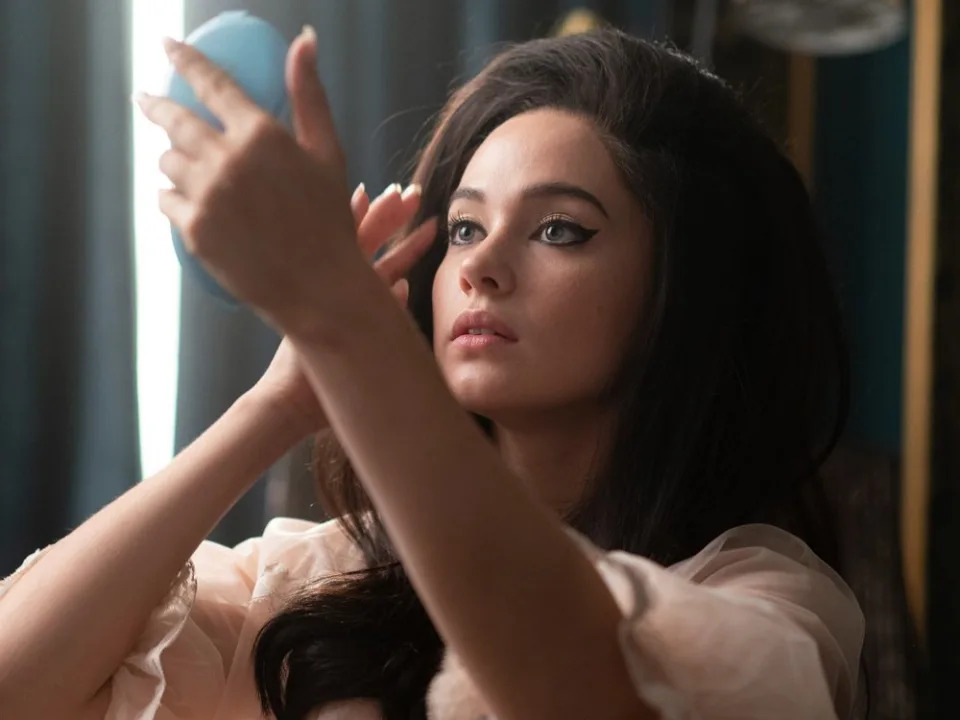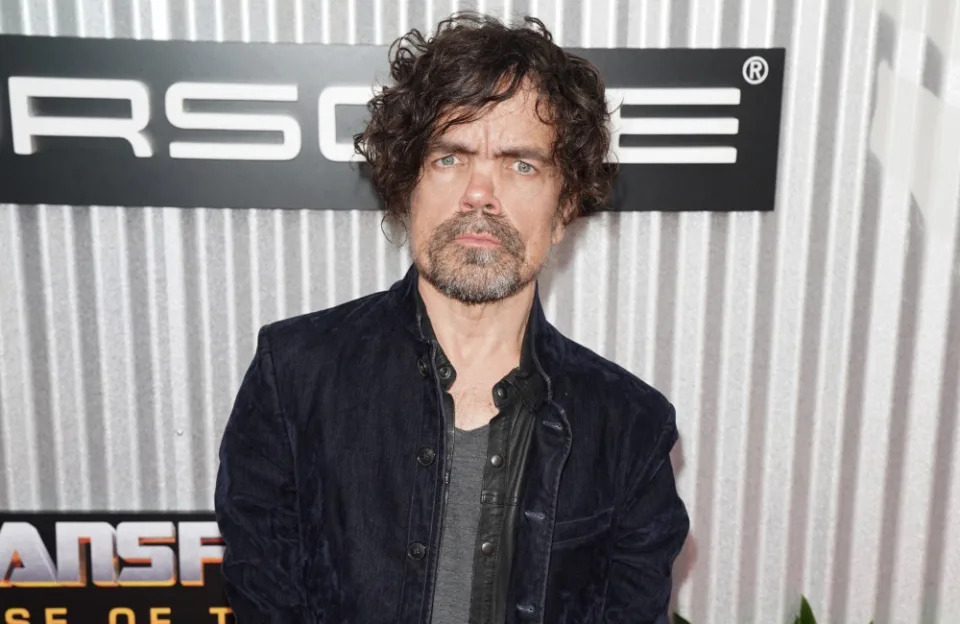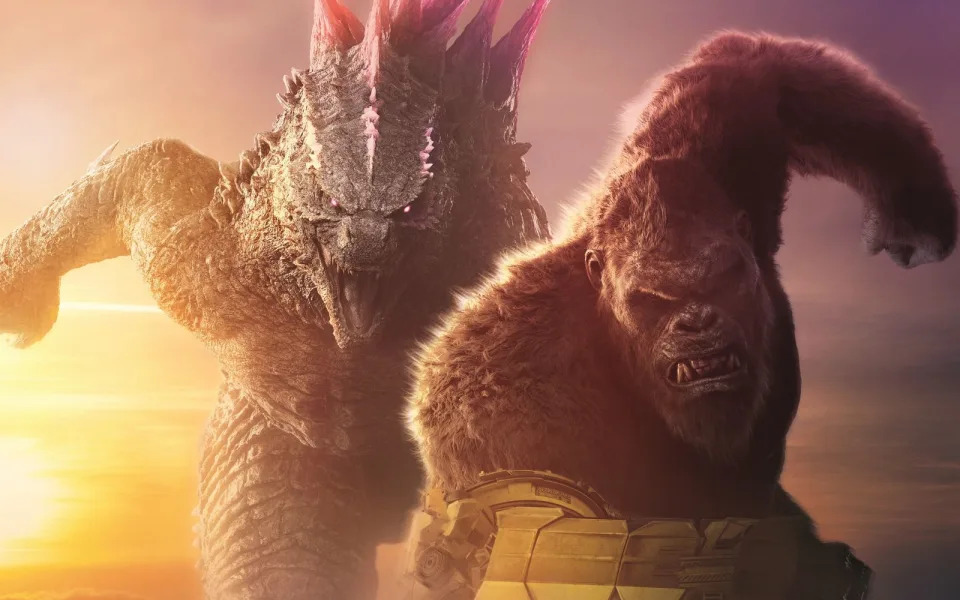Director Sofia Coppola (52), known for “Lost in Translation,” narrates the story of the profound love between young Priscilla Beaulieu (78) and Rock ‘n’ Roll legend Elvis Presley (1935-1977) in her latest biopic, “Priscilla.” However, unlike Baz Luhrmann’s expansive work “Elvis” from 2022, Coppola’s film takes a more intimate, serene, and precisely observed approach, placing the experiences of the later Priscilla Presley at the forefront – revealing all the depths that come with it. The independent production is consistently told from her perspective.
In an interview with the news agency spot on news, Director Coppola discusses the secrets revealed by the real Priscilla Presley about her late husband, how she discovered the specific visual style of “Priscilla,” and the unique circumstances surrounding the production.
Ms. Coppola, what intrigued you about the source material, Priscilla Presley’s memoir “Elvis and Me,” and the story of the real Priscilla? Why did you choose to tell this particular story? Sofia Coppola: I was simply interested in that era and the roles of women at that time. Simultaneously, I was surprised by how little I knew about this famous figure. Hence, I found it interesting to explore her experiences, which, from the outside, seemed like an American dream. I wanted to discover the human aspect as well as the darker side within it.
You mentioned that you didn’t want to cast two actresses for Priscilla Presley – one as a teenager and then another in her twenties. How was Cailee Spaeny the right choice for the lead role in “Priscilla”? Coppola: That’s correct. It’s amazing how young Cailee can appear. She’s in her mid-20s, but I thought she has such a baby face yet possesses a maturity and depth, allowing her to authentically undergo the transformation.
What were your influences or methods in creating the unique visual style of “Priscilla”? In “Vogue,” you mentioned viewing photographs by William Eggleston for inspiration before filming began. Coppola: Yes, he’s one of my favorite photographers and captured images in the South during that time, so his photos were the first thing that came to mind. I just love the color of that era and the specific way people dressed in shades that you don’t see much of today. Also, the colors of the cars. It truly helped. And he shot a photo series at Graceland, showcasing details like curtains or small figures in the mansion. So, I thought of those photos for the opening sequence – and generally whenever it came to Graceland.
What was essential to you in selecting the costumes and dresses for “Priscilla”? Why did you opt for Chanel and Valentino, for instance? Coppola: That happened because we were a small, low-budget film. We needed all the help we could get. So, Stacey [Battat], the costume designer, said, “Do you think we can ask Chanel for help?” Because I’m friends with the designer. The wedding dress is also such a significant moment, and they have an incredible couture studio with all kinds of lace. So, I knew they would create something beautiful, and I asked if they would make an interpretation of the wedding dress for us. Chanel likes to support films, and it was great to have that.
Valentino, on the other hand, makes men’s clothing and created some beautiful suits and garments for Jacob Elordi. That contributed significantly to the film’s look.
In some reviews of your new film, it’s noted that the height difference between your two leads, Jacob Elordi and Cailee Spaeny, symbolizes the power imbalance between the characters and Elvis’ occasionally predatory behavior. Was that your intention in casting Jacob Elordi? Coppola: No, I didn’t cast him because of his height. Truthfully, I cast him because of his abilities and personality. He possesses qualities I wanted to portray in the character, is charismatic, and also has a sensitive side that I knew could depict Elvis’ vulnerable aspect.
It turned out that he’s very tall, and she’s very petite. When we brought the two actors together, it was challenging to film them. And indeed, I think it ultimately serves as a physical reminder of the story and the dynamics between them. I believe you just try to use everything to your advantage. In the end, you use whatever you can.




